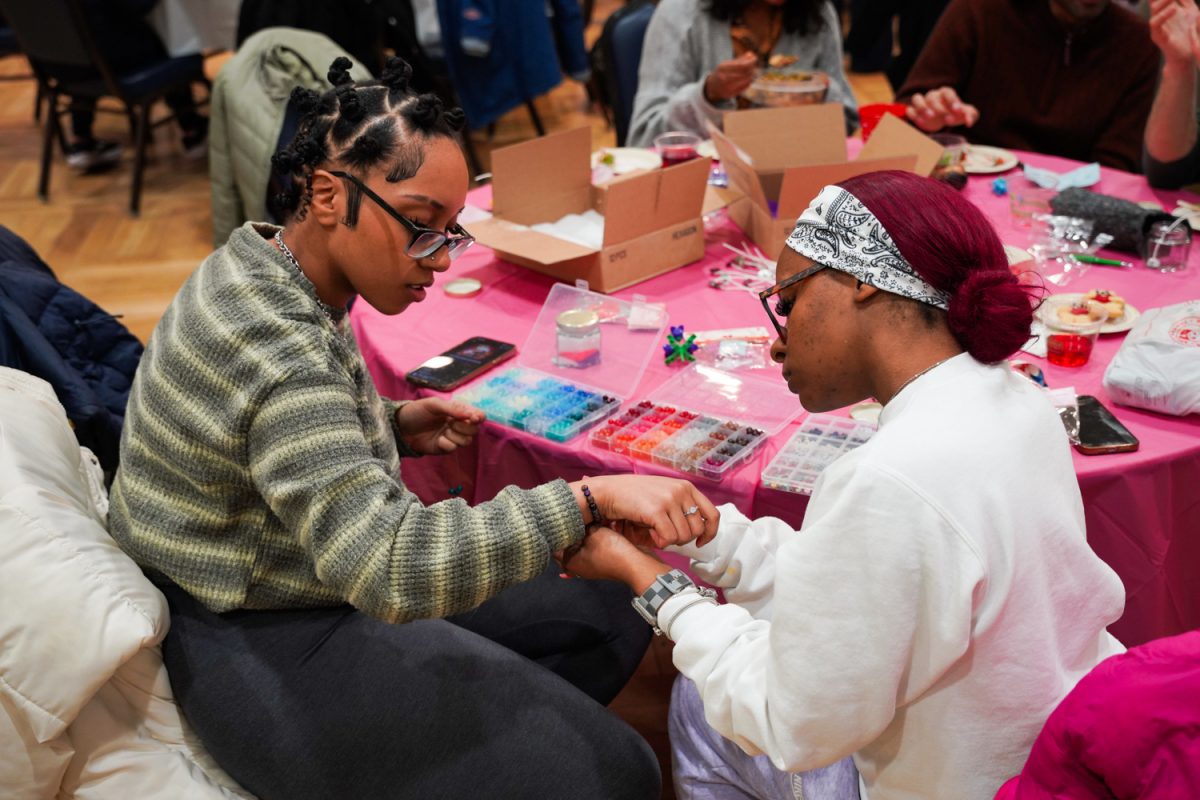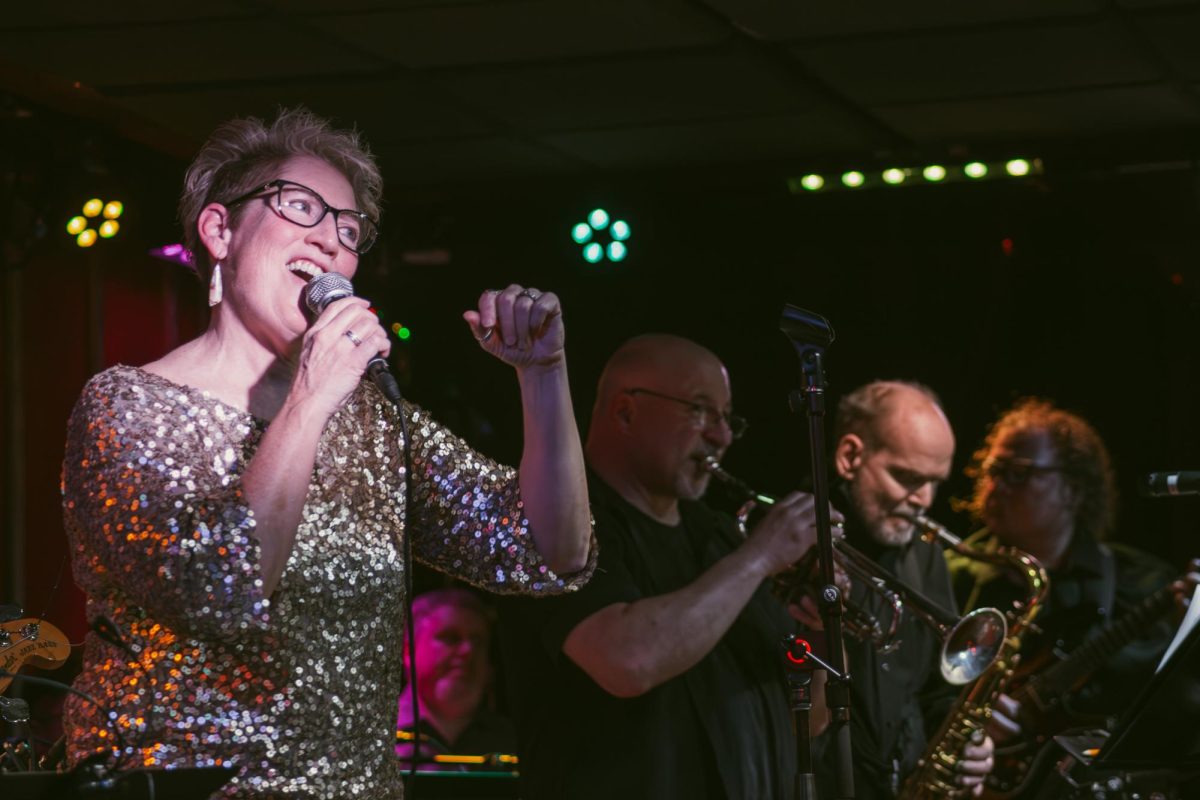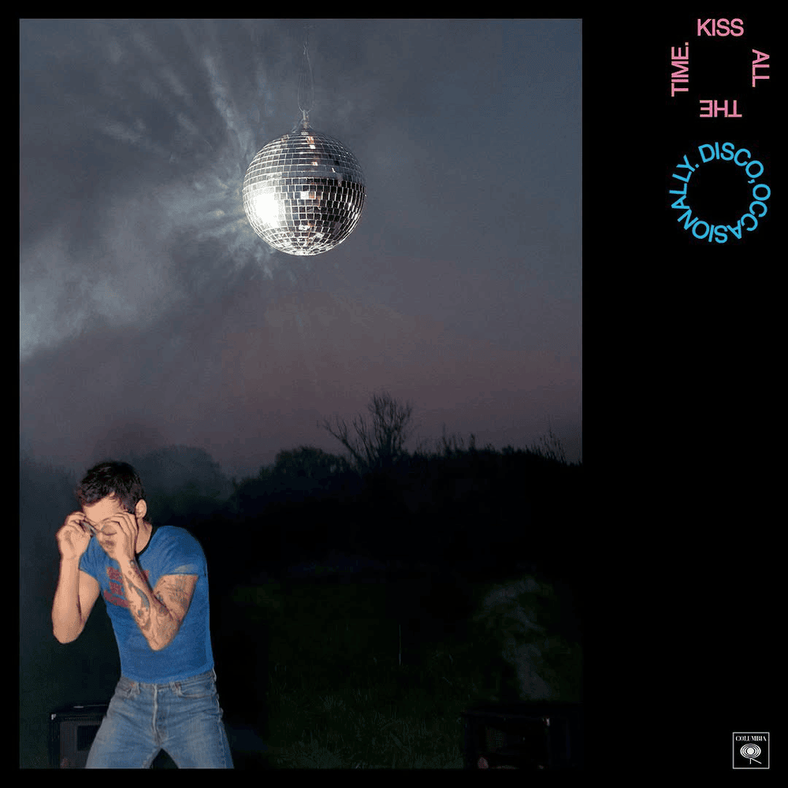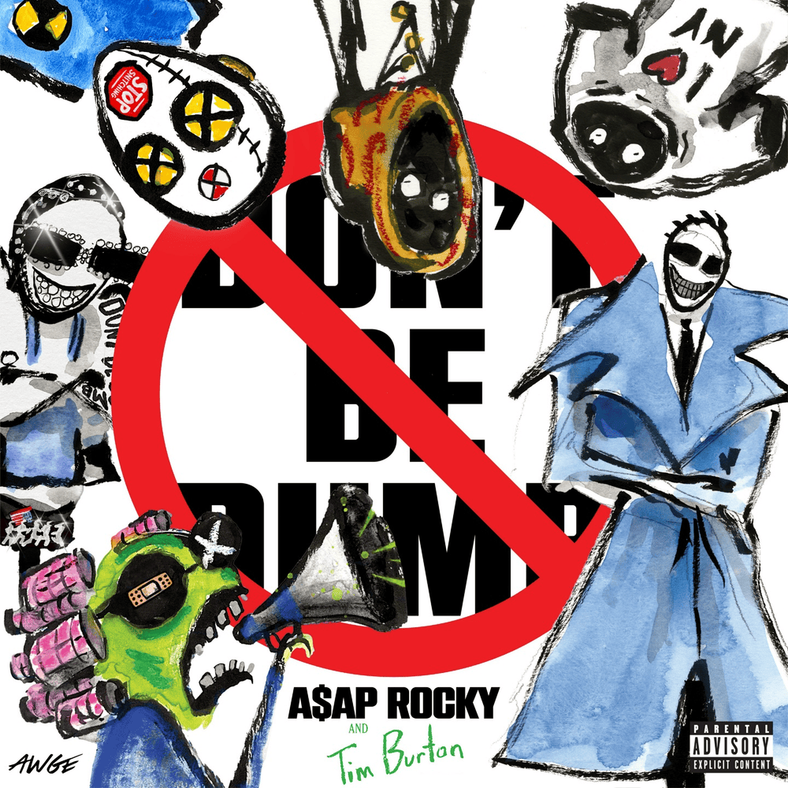Rating: 7/10
Lizzy McAlpine’s third studio album, “Older,” was released this past week, marking a pivotal moment in her music career.
The artist has recently gained huge popularity over her music, which surrounds genres of indie-folk and pop. According to The Line of Best Fit, McAlpine’s most popular song “Ceilings” gained TikTok fame when she did not even have a record label. It would soon boost her single to become certified platinum in the United States.
“Older” covers subjects that differentiate from McAlpine’s past discography, where she introduces more mature topics and demonstrates her musical freedom throughout her tracks. The album touches on the brutal feelings of regret and existential fear of what morality truly means surrounding emotional relationships.
Get The Daily Illini in your inbox!
Consisting of 14 tracks, “Older” has many wonderful musical takes, which make for an enjoyable listen. The album opens with soft piano and vocals in “The Elevator.” As the tempo picks up, you can hear a steel guitar in the background.
McAlpine sings about time passing and the feeling of not wanting a relationship to end. The lyricism in “The Elevator” sets the album up to be a story revolving around change and growing up.
“Oh-oh, oh-oh/ Can we stay like this forever?/ Can we be here in this room ‘til we die?/ I think we can make it/ I hope that I’m right,” McAlpine sings.
“Come Down Soon” continues the storyline of spending a lot of time with a partner while knowing that all of the goodwill will soon end. McAlpine is aware that she must move on from the relationship eventually and simply hold onto the memories of passing cigarettes to each other.
“Oh, it’ll come down soon/ Nothing this good ever lasts this long for me,” she laments.
McAlpine outlines her album around the narrative of this doomed love. In “Movie Star,” McAlpine sings about the struggle to grow out of her relationship without feeling like a movie star to this one person.
“Who am I to you?/ Who am I to myself?/ What are you changing about me?” McAlpine sings.
Arguably, “All Falls Down” may be one of the album’s best tracks as it travels through different stages, unlike McAlpine’s other tracks, which seem musically repetitive at times. She sings about her biggest life moments while still fighting a feeling of sadness.
“Twenty-three and a sold-out show/ I am happy, but I’ll probably cry after you go home/ Doing fine, like I always am/ Am I that good of a liar that I believe myself again?” McAlpine sings on the track.
The song is filled with wistful-sounding woodwind instruments and piano, creating the battle between the hidden sadness of time fading and the lies of making yourself feel better.
McAlpine truly shows off her classical instrumental talents in this track, as her ability to harmonize with such airy instruments adds to the album’s overall theme of emotion and vulnerability.
Unlike many tracks circling nostalgia, songs like “Broken Glass” and “You Forced Me To” speak of emotions of rage at being hurt by someone you love dearly. A broken piece of glass can be seen as a metaphor for breaking free from limitations. And like this metaphor, McAlpine sings about realizing someone’s true intentions after the damage they have done. She speaks about this relationship never returning to how it once was and which person truly hurt the other.
“I can see who you are now that the windows broke/ Drop of blood on the carpet/ Didn’t think it would go this far,” McAlpine sings.
The album ends with “Vortex,” a song surrounding the idea of eventually letting go of the existence of an old lover. McAlpine sings about wanting to learn how to be kinder to herself as she heals from the past.
She reflects on the hardest moments in her past relationship and how it shaped her. Yet, at the same time, she looks at the future with a heart full of hope and knowledge that everything is seemingly small in the large universe that we live in.
“Someday I’ll be able to let you go/ Oh-oh, oh-oh/ Someday you’ll come back, and I’ll say no,” McAlpine sings.
Overall, “Older” demonstrates McAlpine’s development to becoming — well — older. This album was a different take than McAlpine’s last. She clearly has taken a different path than her past discography of folk-pop and focuses “Older” around acoustic inspiration. Its core lyrics additionally show themes McAlpine addresses as emotions that have allowed her to move forward with her life.
While the album is pleasant, it also may seem a bit bland in tone and repetitive, especially to those who have never listened to McAlpine’s songs before. Many of her songs in the album revolve around the same few subjects, and songs touch these back to back.
Yet despite the analysis behind “Older,” McAlpine delivers these tough subjects maturely, exhibiting a new chapter in her music career.








